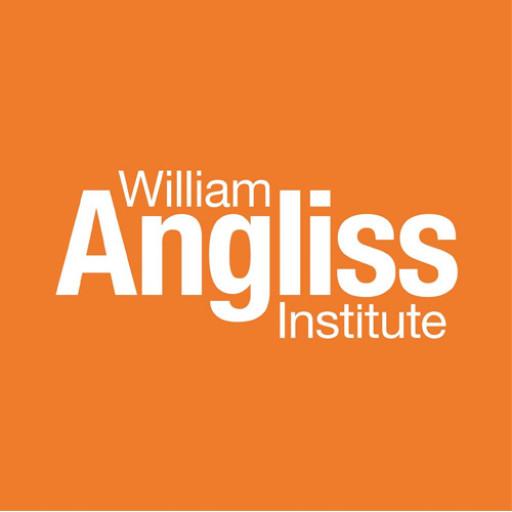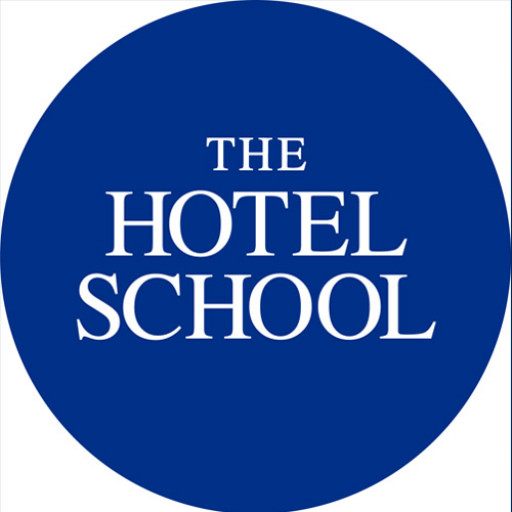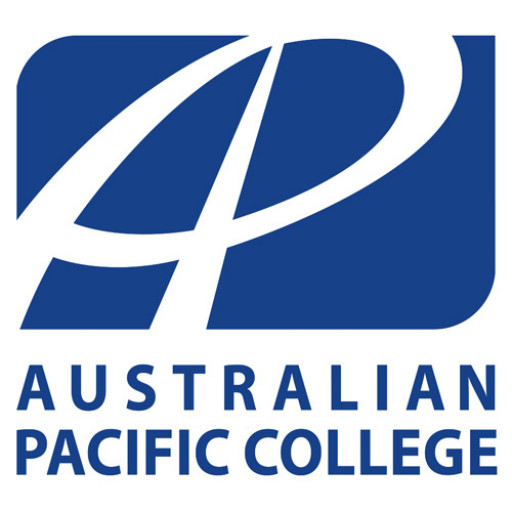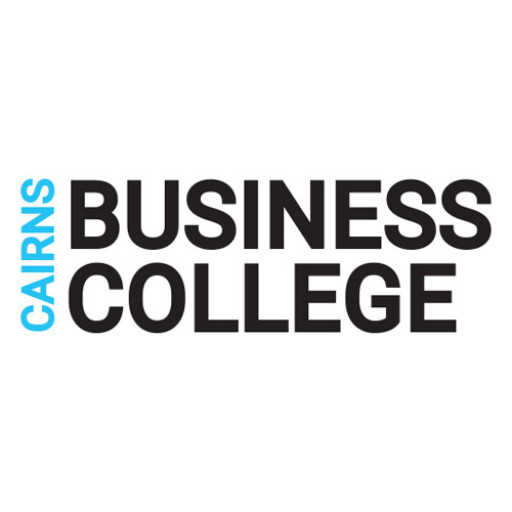The Travel and Tourism program at William Angliss Institute offers comprehensive training designed to prepare students for a dynamic and rewarding career in the global travel industry. This course provides a solid foundation in tourism principles, destination knowledge, customer service excellence, and industry operations, equipping students with the skills necessary to succeed in diverse roles such as travel consultants, tour coordinators, airline support staff, and hospitality managers. The program covers key areas including travel sales and bookings, travel industry terminology, cultural awareness, tourism marketing, and the use of industry-standard technology and reservation systems. Through a combination of theoretical learning and practical experience, students gain insights into the latest trends, sustainability practices, and the digital transformation shaping the tourism landscape. The curriculum is designed to develop strong communication, problem-solving, and organizational skills, ensuring graduates are well-prepared to meet the demands of a competitive industry. Additionally, students have opportunities for workplace placements and real-world projects that enhance their employability and build professional networks. The program aligns with industry standards and provides pathways to further education or direct employment in the tourism sector. With expert instructors, modern facilities, and an emphasis on practical skills, the William Angliss Institute's Travel and Tourism program is ideal for individuals passionate about exploring the world, delivering exceptional customer experiences, and contributing to Australia’s vibrant tourism industry.
The Travel and Tourism program at William Angliss Institute is designed to provide students with comprehensive knowledge and practical skills essential for success in the dynamic travel industry. This program covers a wide range of topics, including travel operations, destination management, customer service, sales and marketing, and sustainable tourism practices. Students will gain an understanding of the tourism sector's global and local aspects, learning how to plan, promote, and deliver exceptional travel experiences for different markets and customer segments.
Throughout the course, learners are introduced to the fundamentals of airline and cruise operations, accommodation services, and tour management, equipping them with the ability to coordinate seamless travel arrangements. The program emphasizes practical training through simulations, industry placements, and real-world projects, enabling students to develop strong communication, problem-solving, and teamwork skills. Additionally, there is a focus on digital tools and technology used in the travel industry, preparing students to adapt to evolving industry trends and innovations.
The program also explores important areas such as travel legislation, safety and security, cultural awareness, and environmental sustainability, ensuring graduates are well-rounded professionals capable of addressing current industry challenges. With a blend of theoretical knowledge and hands-on experiences, the Travel and Tourism program at William Angliss Institute aims to prepare students for diverse career roles, including travel consultant, tour operator, events coordinator, and destination marketer. Graduates will be equipped to contribute effectively to the growth of the tourism industry, meeting the needs of travelers while promoting responsible and sustainable tourism practices.
Program requirements for the Travel and Tourism course at William Angliss Institute, TAFE VIC, typically include a combination of academic prerequisites, language proficiency, and other criteria designed to ensure students are prepared for the rigorous study and professional demands of the industry. Applicants generally need to demonstrate completed secondary education equivalent to the Australian Year 12 qualification or higher. This may involve providing evidence of successful completion of relevant coursework, transcripts, or diploma equivalents from recognized institutions. English language proficiency is also a critical requirement, with candidates expected to meet specific standards such as an IELTS score of at least 5.5 overall, with no band less than 5.0, or equivalent scores on other accepted English language assessments, ensuring students possess the necessary communication skills for effective interaction in a global travel context.
In addition to academic and language requirements, prospective students might need to submit a resume or curriculum vitae outlining their relevant experience or aspirations in the tourism sector, especially for advanced or specialised streams within the programme. For international students, a valid student visa is mandatory, along with health insurance coverage and meeting character and health requirements specified by Australian immigration authorities. Some pathways may require an interview or a personal statement to assess motivation and suitability for the tourism profession, emphasizing interpersonal skills and customer service orientation.
The program may also stipulate completion of specific prerequisite modules or foundational courses if students have prior qualifications in related fields. Proficiency in computer skills and familiarity with online communication tools is often advantageous, given the digital nature of modern travel and tourism marketing. Candidates should be prepared to participate in practical industry placements or internships, which are integral parts of the curriculum and necessary for hands-on experience. Overall, the entry standards aim to ensure students are well-equipped academically, linguistically, and professionally to succeed in the dynamic and competitive travel and tourism industry.
The William Angliss Institute offers various financing options for students enrolled in their Travel and Tourism programmes. Tuition fees vary depending on the specific course and duration, but generally, domestic students are eligible for government funding schemes, such as the Victorian Training Guarantee, which can significantly reduce out-of-pocket expenses. Additionally, there are payment plans available that allow students to pay their tuition fees in manageable installments over the course period, ensuring financial flexibility. For international students, the fees are typically higher, and they are responsible for full payment upfront or through designated international payment plans offered by the institute.
The institute also provides scholarships and grants aimed at supporting students pursuing careers in hospitality, tourism, and events management. These financial aids are awarded based on merit, need, or specific criteria set by the institute, and application processes usually open at the beginning of each academic year. Furthermore, students can consider external funding options such as government loans or private scholarships, which can assist with covering tuition and living expenses during study.
Students are encouraged to explore the Education and Training Funding Options available through the Australian Government, including VET Student Loans, which may cover part of the tuition fee for eligible courses. These loans typically require students to meet certain eligibility criteria and agree to repayment conditions after completing their studies and reaching a specified income threshold. The William Angliss Institute also advises students to contact their financial aid office early in their course planning to ensure they understand all available options and procedures for accessing financial support.
Overall, financing studies at the William Angliss Institute is designed to be accessible and flexible, with a variety of government-supported and institute-sponsored financial assistance programs aimed at reducing barriers to education in the dynamic field of Travel and Tourism.
Travel and Tourism programs at William Angliss Institute, TAFE VIC, are designed to equip students with comprehensive knowledge and practical skills required for a successful career in the dynamic hospitality, travel, and tourism industries. These courses focus on developing a deep understanding of tourism operations, customer service excellence, travel planning, and destination management. Students engage in hands-on training through simulated industry environments, ensuring they gain real-world experience that aligns with current industry standards. The curriculum covers a broad range of topics including tourism marketing, event management, cultural awareness, and sustainability practices within the sector.
The institute collaborates with industry partners to provide internships and work placement opportunities, enhancing employability and practical understanding. This approach ensures graduates are well-prepared to meet the demands of employers in various sectors such as travel agencies, airlines, tour operators, hospitality venues, and destination marketing organizations. Course pathways are available at certificate, diploma, and advanced diploma levels, allowing students to progress their careers or pursue further education. William Angliss Institute emphasizes industry-relevant skills, including effective communication, problem-solving, and team collaboration, to prepare students for the global tourism market.
In addition to technical skills, students develop soft skills critical for client interaction and professional development. The program also encourages cultural competency and knowledge of international tourism trends, catering to the growing globalized tourism industry. State-of-the-art facilities, dedicated industry trainers, and a focus on experiential learning contribute to the quality of education provided. Graduates of the Travel and Tourism program are highly regarded for their professionalism, adaptability, and comprehensive industry understanding, making them valuable assets across various tourism-related roles worldwide.









